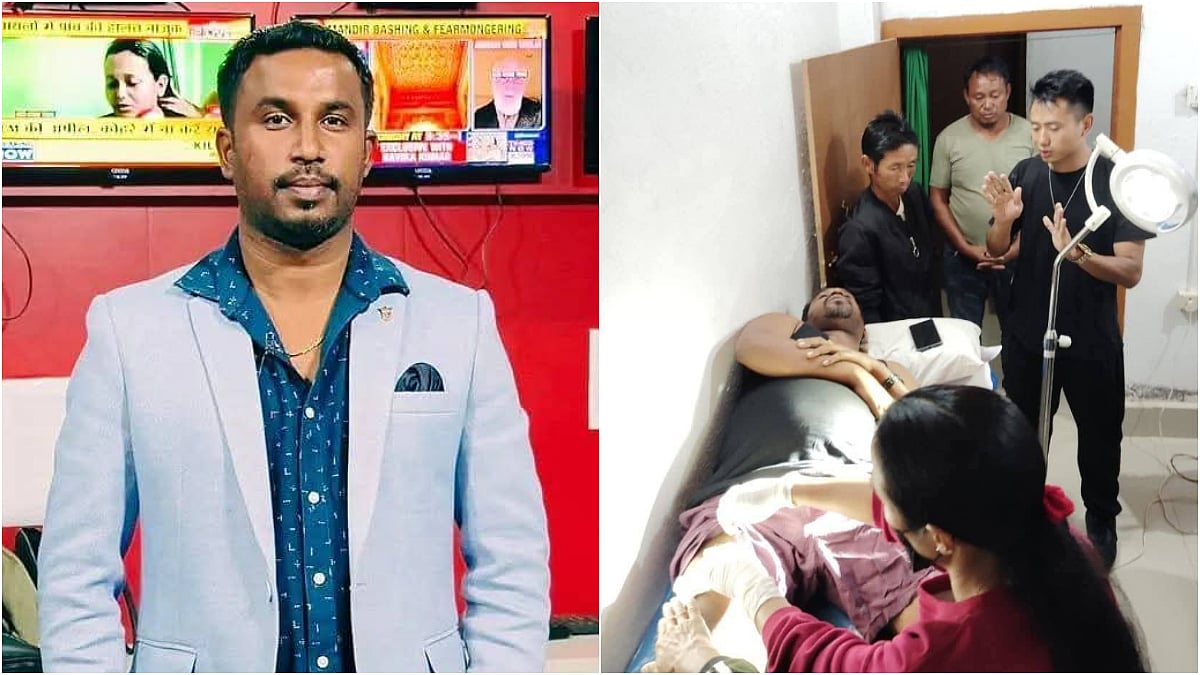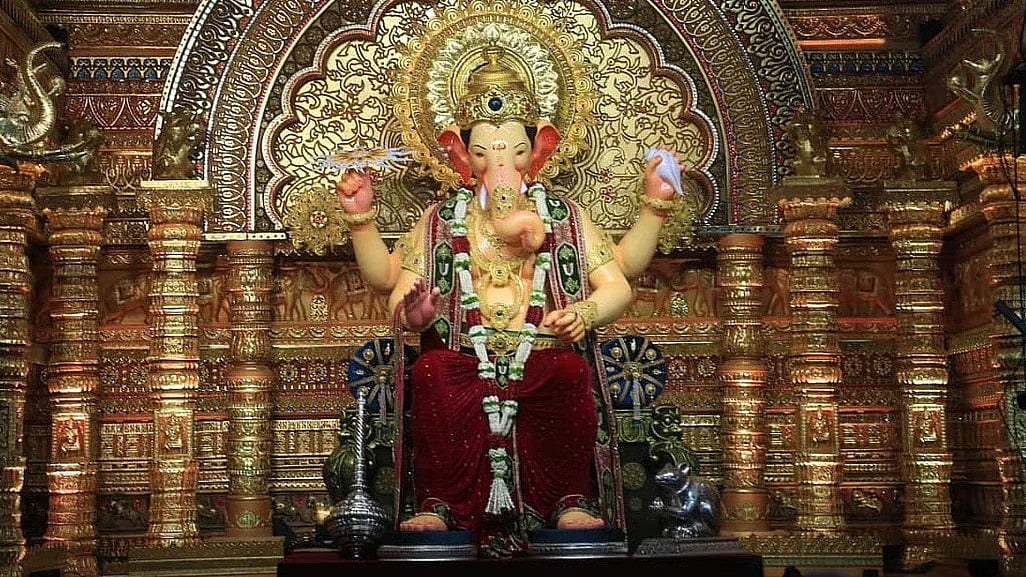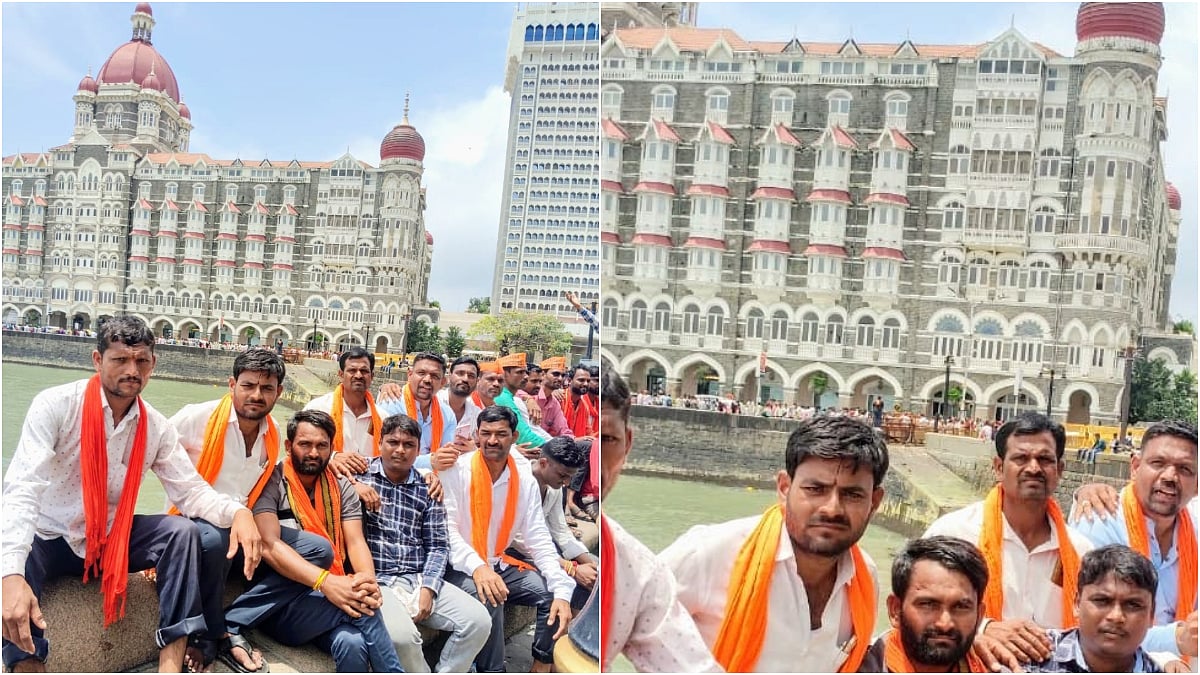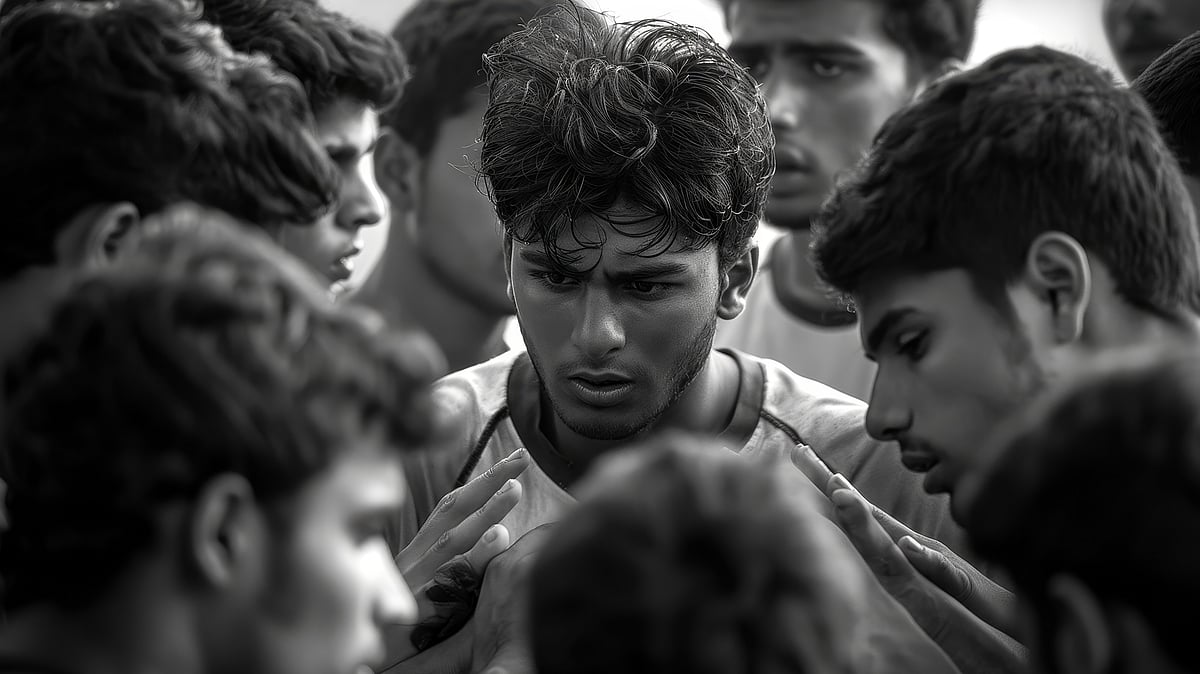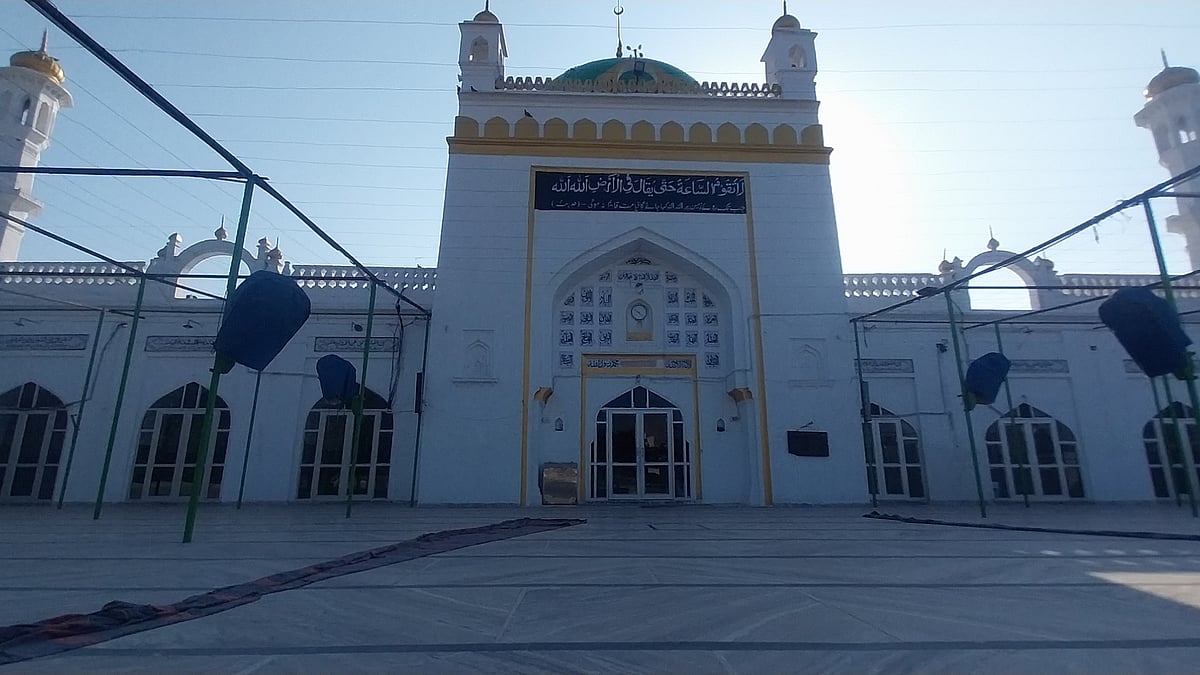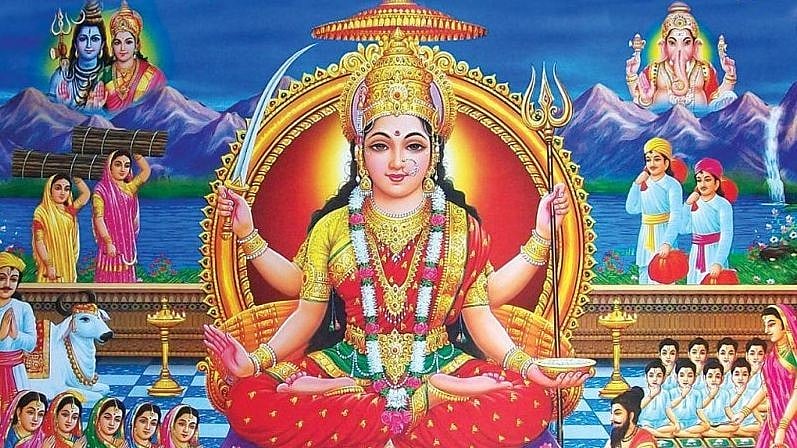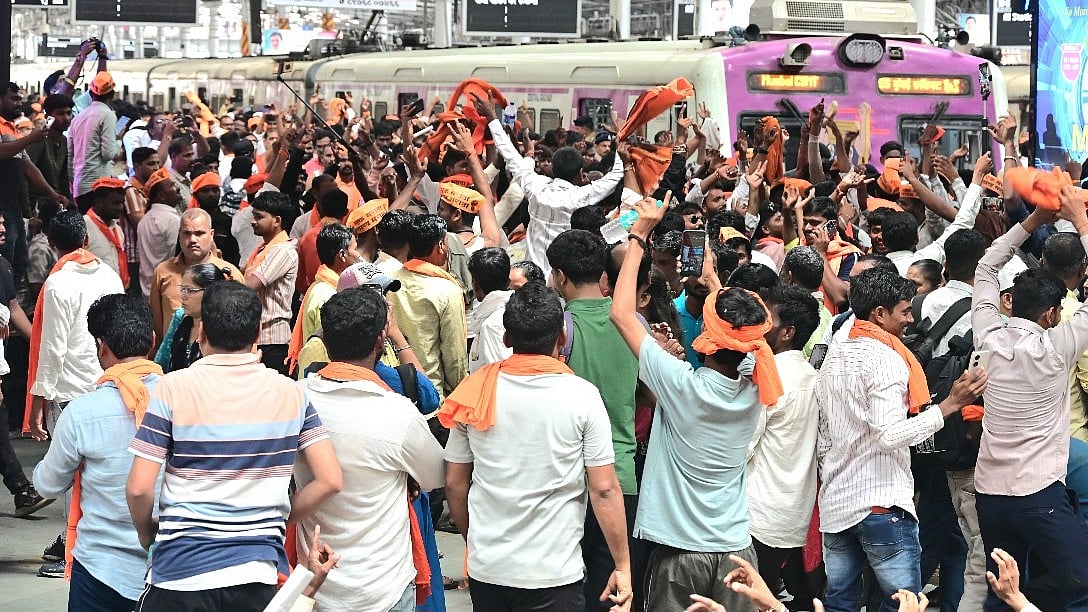Caste and quotas may well overshadow other issues, especially religious polarisation, in the general election slated for the summer of 2024. In what is seen as a Nitish Kumar masterstroke, the Bihar Assembly last week unanimously passed two Bills that seek to hike caste-based quota for educational institutions and government jobs to 65% from the present 50% cap set by the Supreme Court. This move gives the I.N.D.I.A alliance a much-needed electoral boost in the Hindi heartland. It could result in a political churning along the lines of the Mandal agitation of the ’90s and has definitely set a challenge for the BJP. The Bills were passed days after the Bihar government tabled the caste survey that it conducted in the state, which showed that compared to general categories the marginalised castes were much worse off economically and socially. In the caste census, the first to be conducted in Independent India (the last such census was held in 1931 during colonial rule), general categories were found to be overrepresented in government jobs. Taking into account the 10% reservation for economically weaker sections (EWS), the total quota in jobs and educational institutions envisaged by the two Bills is a whopping 75%. The Bills, even if they get Presidential assent, are bound to face a strong legal challenge.
The Congress has thrown its weight behind the caste quota move and is hoping to find some resonance among the electorate in the current round of state elections. The JD-U and SP, however, have expressed reservations about the Grand Old Party’s commitment to the I.N.D.I.A bloc given the latter’s alleged intransigence over seat sharing. While the BJP in Bihar had no option but to back the Nitish government’s move, Union Home Minister Amit Shah has doubted the veracity of the survey’s findings saying the population of Muslims and Yadavs has been falsely inflated at the expense of the Extremely Backward Classes (EBCs). Shah has said the BJP is not against the caste survey but wants wider consultations while simultaneously raising the bogey of appeasement politics and projecting the Opposition as anti-Dalit.
The Opposition, which was floundering in its bid to take on the BJP at the hustings, may have found a weapon, but the saffron party cannot be easily thwarted. Not to be outdone by the move on quotas, Prime Minister Narendra Modi at a rally in poll-bound Telangana promised to form a committee for the sub-categorisation of Scheduled Castes, a long-standing demand of the Madiga community in Telangana and Andhra. In 2014 and 2019, the BJP achieved its outstanding electoral success largely by consolidating the Dalits and OBCs under the larger umbrella of Hindutva. With the Opposition parties now drumming up the demand for a nationwide caste census and pushing for more benefits for the marginalised, the saffron party has to ensure that its core base remains intact. Whether it can counter the Opposition narrative by harping on pet themes such as the Uniform Civil Code or the Ram temple in Ayodhya, which is ready for a grand inauguration in January 2024, remains to be seen. The Uttarakhand Assembly will soon pass a Bill which may prove to be a model for a nationwide UCC.
What is clear is that the churning in heartland politics has just begun. The socialist parties such as the SP and JD-U will definitely set their sights on caste and quota. Congress leader Rahul Gandhi, too, is pushing for greater OBC representation during campaigning for the current round of Assembly elections. It is a significant shift for the grand old party which has generally been opposed to caste politics. The Bihar survey has certainly opened Pandora’s Box. Sops and freebies cannot be a substitute for affirmative action and provision of definite benefits for the marginalised. In a country where about 77% of the wealth is concentrated in the hands of only 10% of its population, such steps are necessary. Caste is no doubt an anomaly in 21st-century India, but as long as it rules the hearts and minds of the people, it is imperative that a detailed census is conducted so that the welfare measures initiated by the government reach the right beneficiaries. It cannot be mired in petty politics and vote bank compulsions. The people of India deserve better and cannot be held hostage to the whims of politicians.


